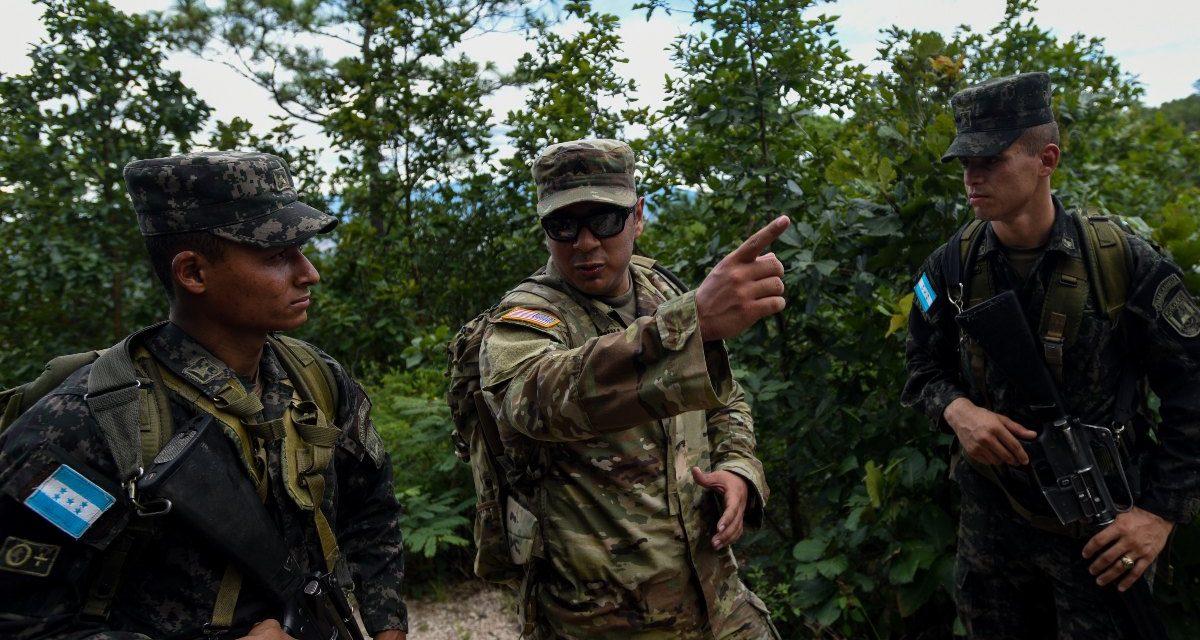Editor’s note: The Irregular Warfare Initiative has exciting news! In partnership with the Modern War Institute at West Point and Princeton University’s Empirical Studies of Conflict program, IWI generates written content and podcasts, coordinates events, and hosts critical thinkers in the field of irregular warfare as IWI fellows. The initiative now has a new online home, where you can read this article in full and follow all of the important work the IWI team is doing!
In July 2022, Representative Sara Jacobs and Senator Chris Van Hollen proposed an amendment to the National Defense Authorization Act (NDAA) for fiscal year 2023 that would have required human rights vetting for assistance provided by US special operations forces under Section 127e of Title 10, US Code. While the Department of Defense Leahy law effectively requires human rights vetting of other kinds of DoD assistance to foreign security forces, DoD has unilaterally determined that these strictures do not apply to assistance provided under 127e. The proposed amendment, which was intended to close this loophole, did not make it into the final version of the NDAA. Understanding this failure could help guide future legislative attempts to require human rights vetting of this DoD authority.
“127 echo,” as it’s referred to within DoD, authorizes the secretary of defense, with the concurrence of the relevant chief of mission, to spend up to $100 million each fiscal year “to provide support to foreign forces, irregular forces, groups, or individuals engaged in supporting or facilitating authorized ongoing military operations by United States special operations forces to combat terrorism.” Under the proposed Jacobs-Van Hollen amendment, support under 127e would have been prohibited from going to units of foreign security forces if, after vetting, there is credible information that the intended recipient unit committed a gross violation of human rights.
Read the full piece at irregularwarfare.org.
Sarah Harrison is a senior analyst in the US Program at the International Crisis Group. Before Crisis Group, Sarah served for more than four years as associate general counsel at the Department of Defense’s Office of the General Counsel, International Affairs. From 2020 to 2021, Sarah taught international law as an adjunct professor for the Georgetown University Law Center. From 2015 to 2017, Sarah served as counselor to the secretary of homeland security. Sarah has also worked for the International Committee of the Red Cross, the White House Office of Legislative Affairs, Human Rights First, and the American Civil Liberties Union.
All information provided in this article has been provided by third parties since the author’s departure from the Department of Defense.
The views expressed are those of the authors and do not reflect the official position of the United States Military Academy, Department of the Army, or Department of Defense.
Image credit: Sgt. 1st Class Whitney Hughes, National Guard Bureau

